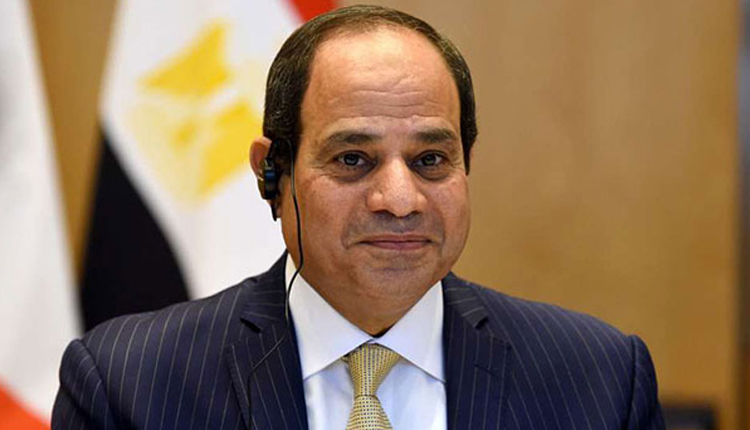Egypt’s President Abdel Fattah al-Sisi said the coronavirus demonstrated the world’s need for solidarity and swift work to reduce the spread of the disease and search for a vaccination, which he said should be provided for all in a fair manner, Presidential Spokesman Bassem Rady said.
“Protecting people from these outbreaks is the responsibility of the whole world,” the president said in a recorded speech to the global vaccine summit held virtually on Thursday.
He added that Egypt is following up on the ongoing experiments and the scientific collaboration in this respect through Egyptian scientific authorities to find a vaccine for the respiratory illness.
The country has been keen on giving a hand to some friendly countries to alleviate fallouts caused by the pandemic, Sisi stressed.
He called for taking heed of other infectious diseases that the world had endeavoured to prevent from spreading as well, stressing the importance of exerting joint efforts to provide routine vaccines and resume vaccination campaigns against deadly diseases.
The president emphasised Egypt’s readiness to convey its successful experience in implementing vaccination programmes that contributed to reducing childhood diseases and deaths, in addition to contributing to researches on vaccines and their manufacture, training medical staffers, and conducting clinical trials for new vaccines and immunisation.
The summit, headed by the UK and attended by heads of state and governments, is meant to raise the financial resources needed for providing vaccines for developing countries and rebuilding the stockpile of the Global Alliance for Vaccines and Immunisations (GAVI) for the purpose of protecting the health of 800 million children around the world, according to the presidential spokesperson.
It aims to invite donors to mobilise funds to help the alliance fulfil its obligations by providing capital for companies that produce vaccines to guarantee the continuity of child immunisation programmes in developing countries, especially in light of the coronavirus pandemic, Rady added.
The pandemic has caused the suspension of immunisation programmes in a number of countries due to the lack of global supplies of medicines and vaccines.


